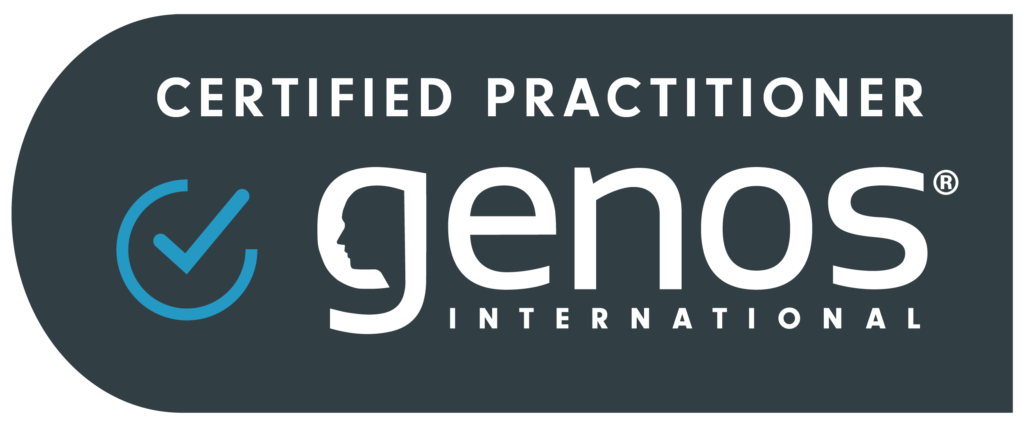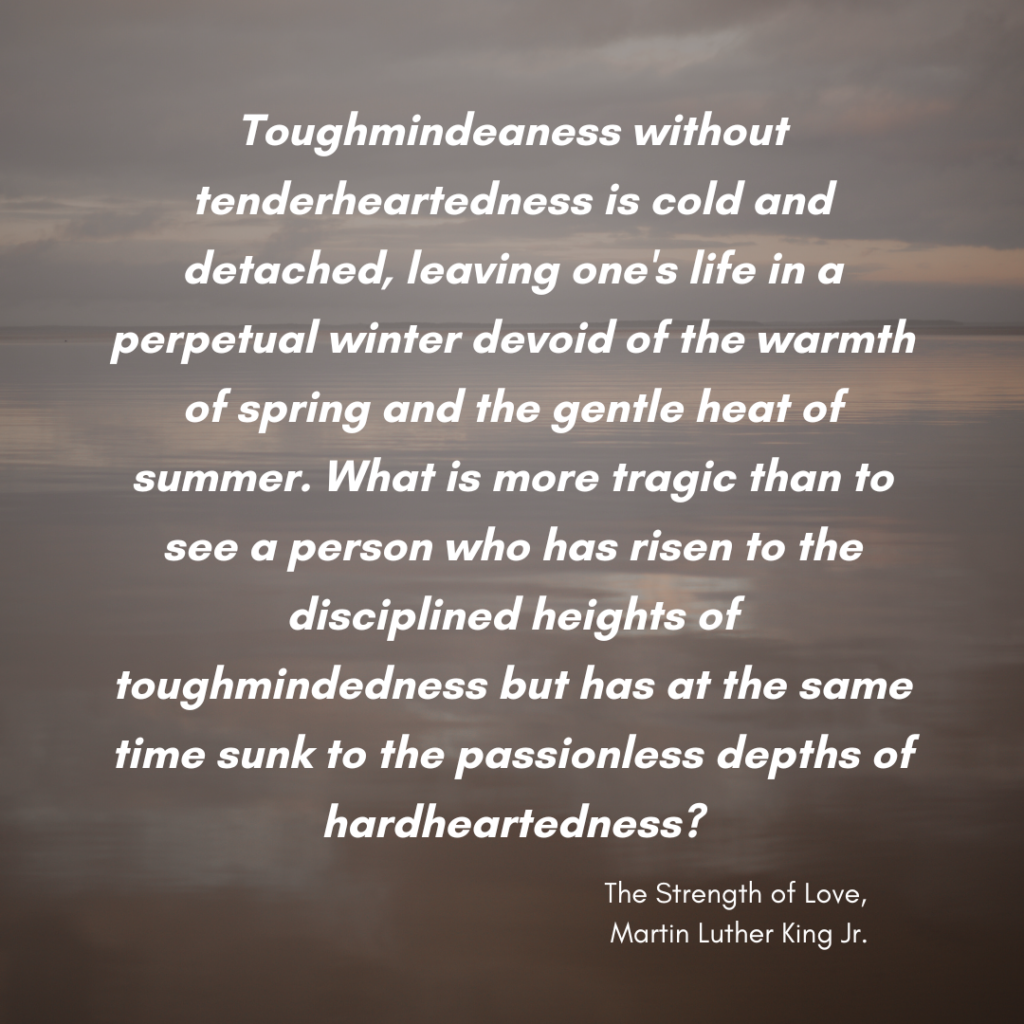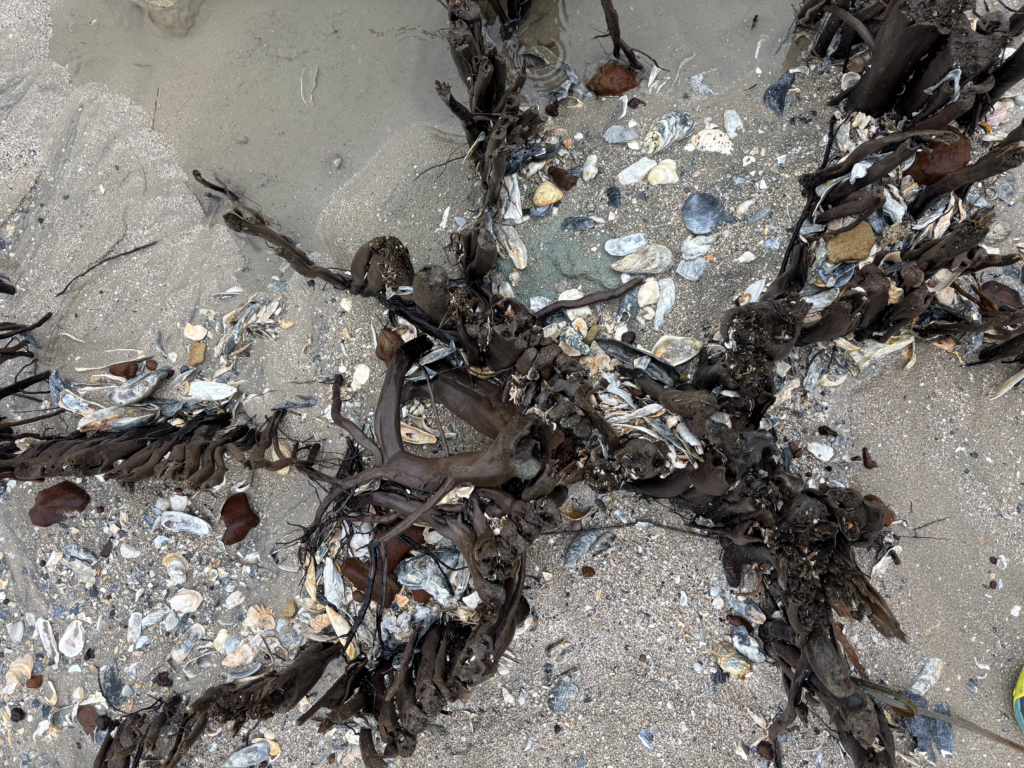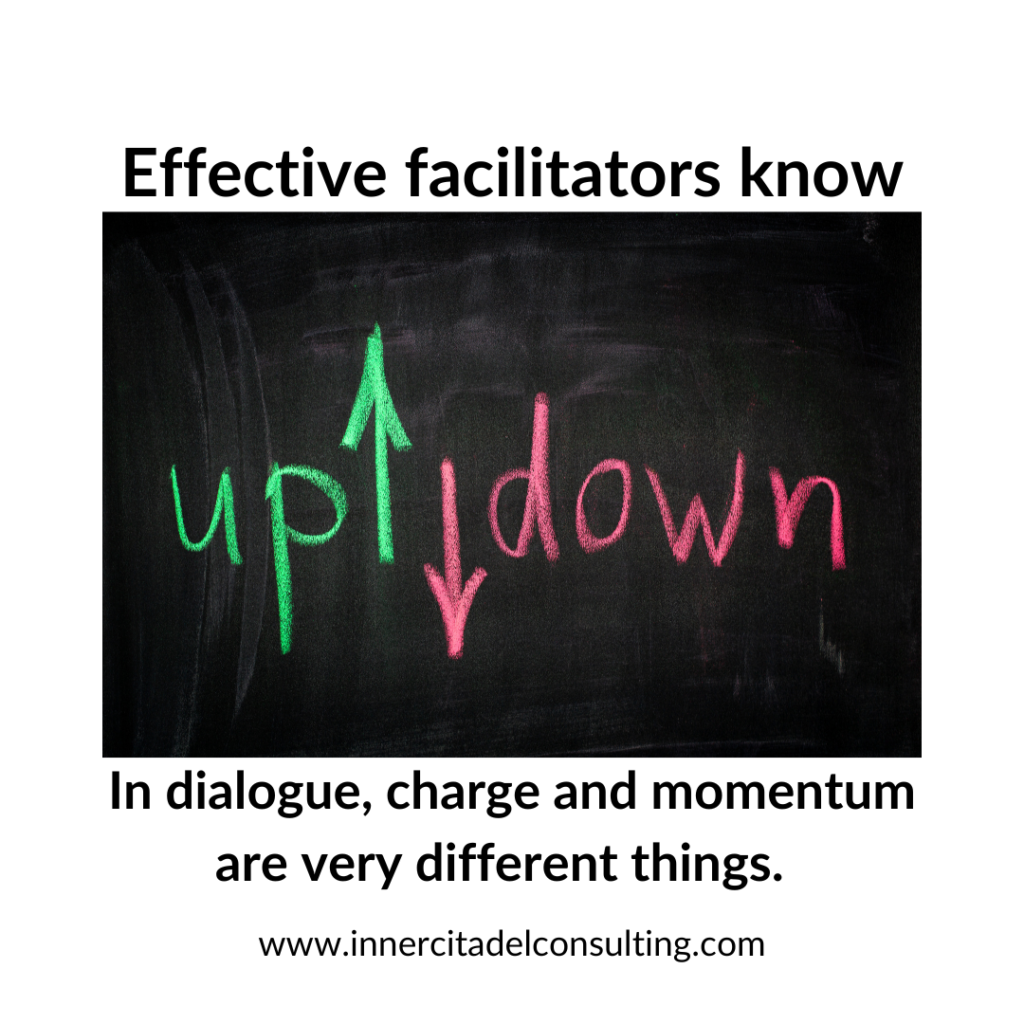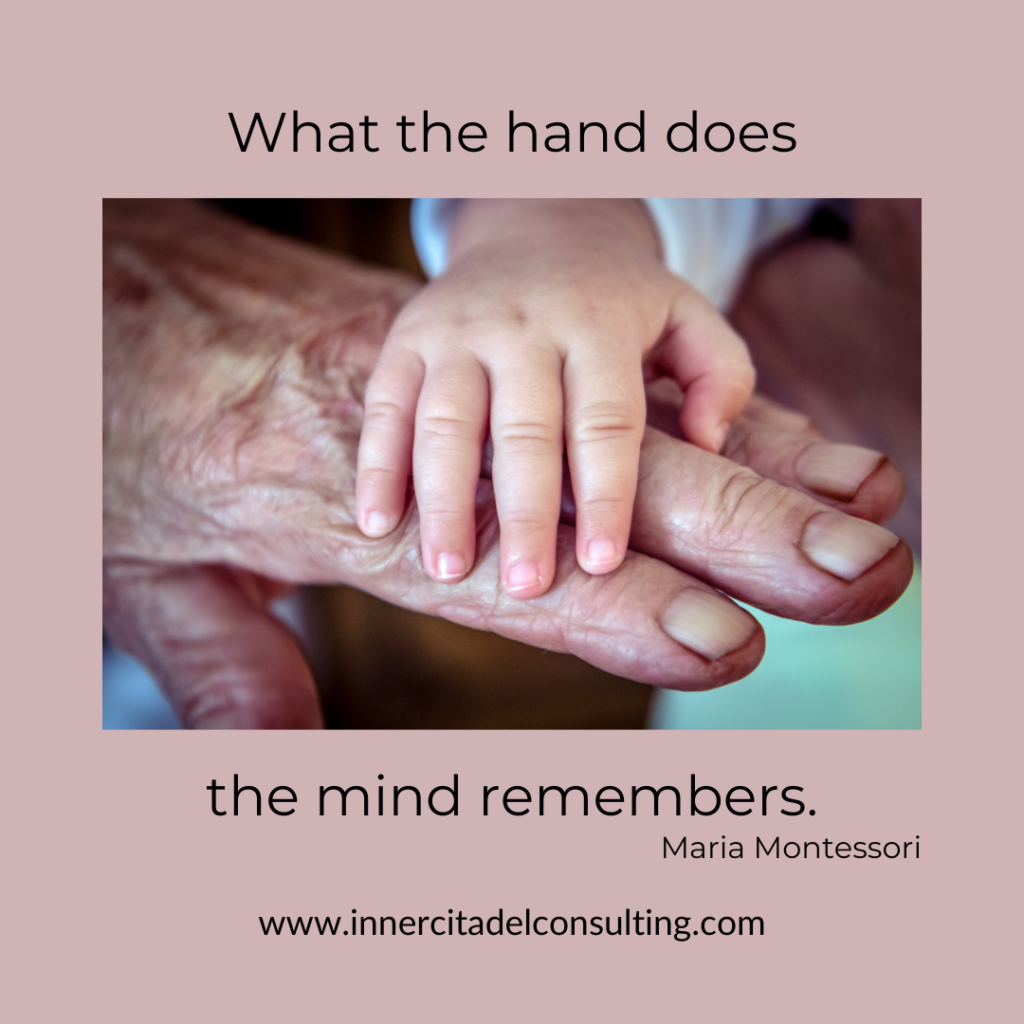
This article first appeared on LinkedIn on January 31, 2022. For the most current article, check out my LinkedIn blog and subscribe!
Coaching often feels to me like partnering with a client to look out on the future by focusing our perceptions through the window of the present. For me as a coach, this mostly involves making sure I stay very close to that window. I need to be intent on the present moment in order to help get that window as clear as possible. I like to think I’m helping clients get the best view. For clients, it’s more complicated. They don’t only live in the present, but also through their past. And of course it’s *their* future that is the goal of our conversations.
The Stoics demand that we take a good, long look at our perceptions of the present. The universe is causal, so the decisions and actions we take now based on our perceptions are also the circumstances and contexts of tomorrow. But this isn’t just a moral imperative for ourselves, because we affect other people’s circumstances and choices too. Chew on this for a minute: are you limiting or expanding possibilities for people around you with your behaviors?
This feels like a LOT of pressure. But it’s always been true … what awareness brings is a new sense of responsibility and agency, not an actual new responsibility or agency. How do I understand the full range of choices open to me at any given time? What is the inter-relationship between “What am I”, “What is up to me”, “What effect do my circumstances have” and “What is my purpose in acting”? These are the lens of Stoic coaching.
The Four-Personae Theory, preserved in Cicero from one of his teachers, Panaetius, offers a way to understand those four questions. For the Stoic Panaetius, human beings are social animals, naturally placed within family and social contexts. We live our lives influenced by external circumstances of all kinds. But these circumstances (family, geography, environment, class, etc.), while they are inevitable and shape our behaviors and perspectives, do not eliminate our agency. And because they do not eliminate our agency, we must meet the moral and spiritual challenge of responding fully to what we are, to our human nature.
For the Stoics, that human nature was to live according to reason (intellectual and emotional), to evaluate our perceptions, emotions, and beliefs in order to do the appropriate thing in every circumstance. And no, that does not mean squashing all emotions. Sometimes the appropriate thing to do grieve, or love, or dance with joy, or be angry. The real question is how much and for how long. What do you believe our common human nature demands from us? What are you?
The four Personae (four roles or identities) present a system that can account for our circumstances and current behaviors while giving us the agency to change. And this way of thinking about our self also gives us space to clean that window on our future self, on the possibilities.

The first identity is the individual as a human being. A human being is rational, emotional, self-directing, self-aware, social, with an inborn sense of virtue. You might have the same definition of “human” as the Stoics or a different one. But if you don’t know what your definition is, how can you live into your humanity fully?
The second identity is the individual as an agent/actor. We all make choices about how to act. In fact, many, many things we do every day — while they feel automatic or habitual — began at some point as a choice. Which shoe did you put on first today, left or right? Of course, most of these things are automatized because we would find it very hard to function given the number of “decisions” we have to make — the brain is amazing — but that doesn’t mean we can’t make a choice. And yes, which shoe I put on first hardly carries huge moral weight. Other automatized decisions (like bias) do. Emotional intelligence, mindfulness … these skills invite us to find that tiny gap between perception and reaction so we can choose our action. Someone says something to me that I feel is disrespectful — I flush, I feel like I’ve been insulted, then pause — the gap allows me to judge more accurately and then respond appropriately instead of just automatically being rude back or inwardly hurt. Becoming aware that I can make that kind of a choice, that I have agency in my own life, is a huge step toward positive change.
The third identity involves our past and current circumstances. Where and to whom were we born? What have we experienced, felt, endured, embraced? All of these things have shaped us as individuals. Some have come to us by our own choices; many have just happened to us because of the choices of others. But all of them have significance for who we are in this moment now and how we will make choices now. How does this identity shape who you are now? More to the point, how does it color the glass through which you are looking at your future?
The fourth identity is in essence the person on the other side of the window. It is the kind of person we want to be, a choice of living. What do you want for yourself? How does what you want for yourself impact how you deal with the world or treat other people?
And here is the crux of the problem, friends, and what a good coach can help with. How can you become aware of different possibilities if your circumstances limit your view of them?
As usual, Stoicism leads us to a set of conclusions about life or humanity, and then asks, “What’s ‘up to you’?” Anyone who has spent time with Stoicism as a holistic philosophical system understands why that must be the question. But it’s pretty damn annoying for everyone else. Here’s the thing though: while you are who you are because of a range of things (genetics, society, religion, etc.), you are STILL making choices about many, many more things than you think you are. The system with which we navigate the world (our brain and body) makes it easy to assume many things that we do are not choices, like what shoe we put on first … or how we perceive a group of young people having fun together. When we are socialized and conditioned in certain ways, can we break free by understanding what is up to us and choosing to act? I believe that we can, and I’ll bet a coaching agreement on it.
I have found that many Stoic ideas are very attractive to people. These ideas initially make a lot of sense and drive positive growth, partly because the Stoics are cosmic optimists. They assume the best is not only possible, but it is our purpose in living. But there is almost always a point when a person says, “Whoa! What?” as the consequence of a certain Stoic idea plays out fully. Embracing our human nature is like that. If our nature is to be intellectual and emotional reasoning animals who make our own choices … what are you choosing to do today? More is ‘up to you’ than you might think or want.
So, could a full response to our human nature make greater demands on us than our social conditioning and personal boundaries have prepared us to accept? For most people, I’d say that’s a full-on “Yes”. But that doesn’t mean it’s not possible or not desirable to be fully human, just hard. If you could look through your window and see a better path, one that maybe is less easy to walk, would you take it? Seneca once asked a friend, “Can you reach a mountaintop by walking on flat ground?” If you want to be better and do better, it turns out you need to do that work yourself. But you don’t have to do it alone.

